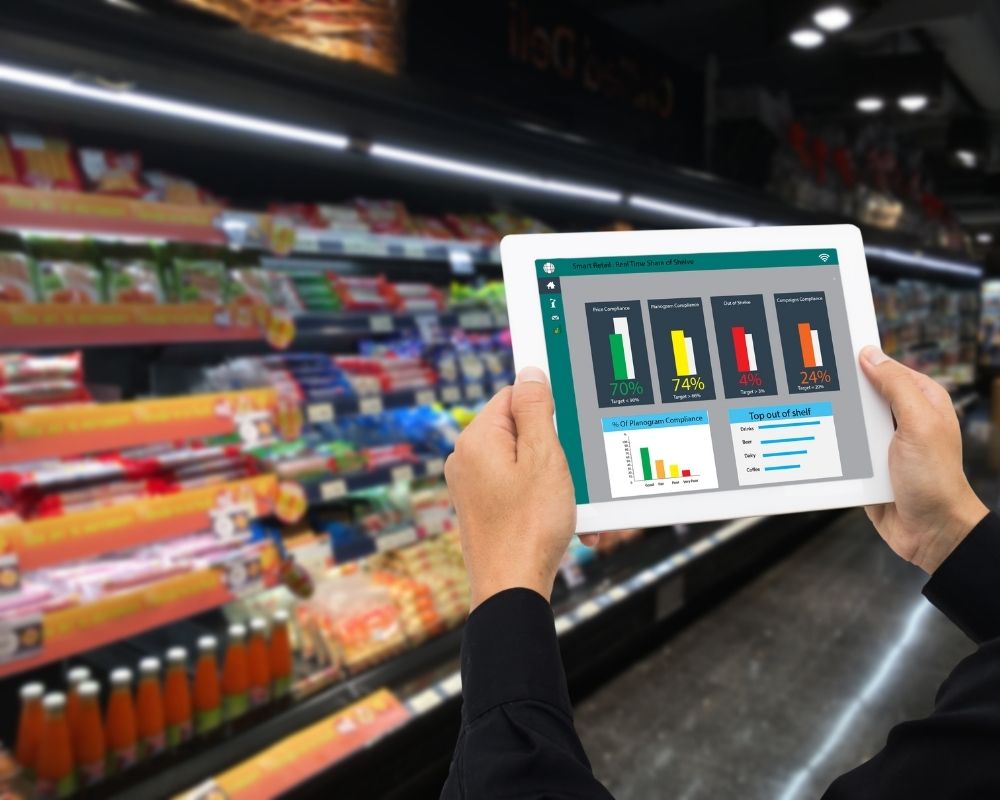In less than a year, the UK will host COP26 – arguably the most important climate change conference since the Paris Agreement in 2015.
Understandably the conversation around net zero is intensifying and this month saw some key government announcements, including the launch of its Ten Point Plan for a “Green Industrial Revolution”.
In the private sector we’re seeing more and more companies set targets decades earlier than the country-wide 2050 target. Here’s our roundup of the latest pledges:
Vodafone commits to net zero supply chain by 2040
Vodafone has committed to reducing its total global carbon emissions to net zero by 2040 and confirmed that its 2030 carbon reduction targets have been approved by the Science Based Targets initiative.
By 2030, Vodafone says it will eliminate all carbon emissions from its own activities and from energy it purchases and uses (Scope 1 and 2), and halve carbon emissions from Scope 3 sources, including joint ventures, all supply chain purchases, the use of products it has sold and business travel. By 2040, the company says it will have eliminated Scope 3 emissions completely.

Diageo pledges net zero in direct operations by 2030
UK drinks giant Diageo has said it will harness 100% renewable energy to achieve net zero carbon emissions across direct operations by 2030, and work with suppliers to reduce indirect emissions by 50%.
Two of its Scottish distilleries – Oban and Royal Lochnagar will both become carbon neutral by the end of 2020.

UK retail industry sets roadmap to net zero by 2040
63 leading retailers including Boots, Next and Aldi are supporting the British Retail Consortium’s Climate Action Roadmap, which aims to get the retail industry and its supply chains to net zero by 2040.
The Roadmap sets out five areas of action to get to net zero: making decarbonisation central to business decision making, reducing carbon emissions from shops and distribution centres, moving to net zero logistics operations, increasing sustainably sourced products and helping customers and employees to live low carbon lifestyles.
In a press release the BRC said, “By 2040 the British public can expect to buy or rent products knowing they have minimal impact on the climate. The future is exciting, from algae-based carbon-absorbing clothes; shops and cafes powered by energy captured from customers’ footsteps; to drone delivery and even products ‘printed’ at home by 3D printers.”

KPMG pledges net zero by 2030
KPMG announced plans to become a net zero carbon organisation by 2030, and has set a 1.5°C science-based target which will focus on achieving a 50% reduction of KPMG’s direct and indirect greenhouse gas emissions by 2030.
KPMG firms have collectively committed to 100% renewable electricity by 2022 in its Board Countries, and by 2030 for the wider network.
The group said it will use externally accredited voluntary carbon offsets to mitigate the remaining emissions that it cannot remove from its operations and supply chain.
SSE sets sights on 2050 net zero target
SSE this month committed to reaching net zero emissions by 2050 at the latest and setting a relevant Science Based Target.
The Perth headquartered business is already investing £7.5bn in low-carbon energy and electricity infrastructure over the next five years, including building the world’s largest offshore windfarm in Dogger Bank, off the coast of Yorkshire, Scotland’s largest offshore windfarm in Seagreen off the coast of Angus, and the UK’s largest onshore windfarm in Viking on the Shetland Islands.

Advertising industry eyes net zero by 2030
The Advertising Association has launched Ad Net Zero, to drive collective industry action on climate with the aim of achieving net zero emissions from advertising by the end of 2030.
Ad Net Zero issues a call-to-action through a 5-point plan covering businesses’ own operations, production, media choice and awards and events. It also calls on the industry to harness the power of their advertising to promote more sustainable consumer choices and behaviours.
A report published to coincide with the announcement estimates total UK agency operational CO2e emissions to exceed 84,000 tonnes a year; of this it’s estimated that 42% of comes from energy usage and 58% from business travel, with the biggest single contribution coming from flights.















